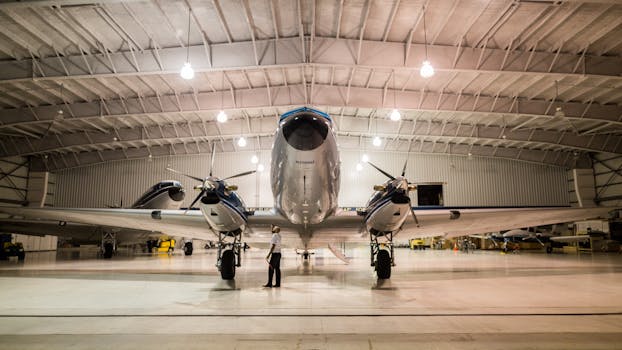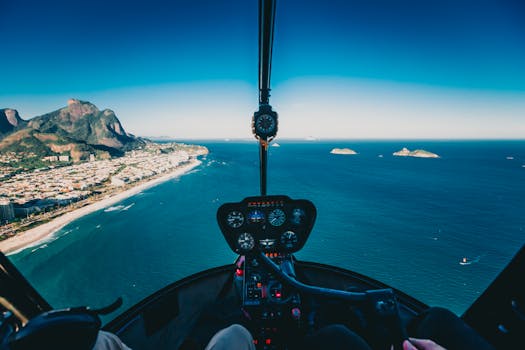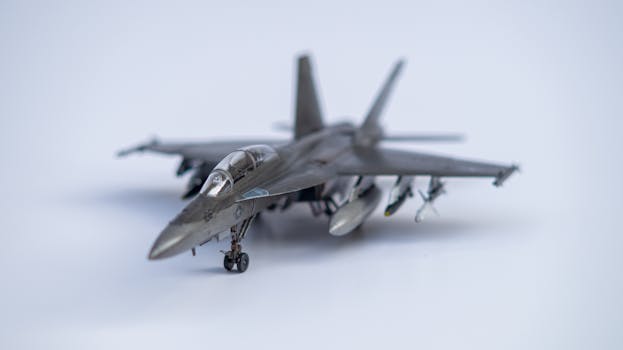Although not essential, you could do a university degree in air transport or aviation, which includes helicopter pilot training with an approved flight training organisation.
To start a course, you'll need:
- A levels or equivalent level 3 qualifications
- a minimum of a Class 2 medical certificate
- to be over 18
You'll need to apply for the higher level Class 1 medical certificate during your course to get your Commercial Pilot's Licence. If you wish, you can apply for the Class 1 certificate before your course starts.
As well as standard university fees, you will need to fund the flight training part of your course. Universities can advise you about this.
Entry requirements
You'll usually need:
- 4 or 5 GCSEs at grades 9 to 4 (A* to C), or equivalent, including English, maths and science
- 2 to 3 A levels, or equivalent, for a degree




